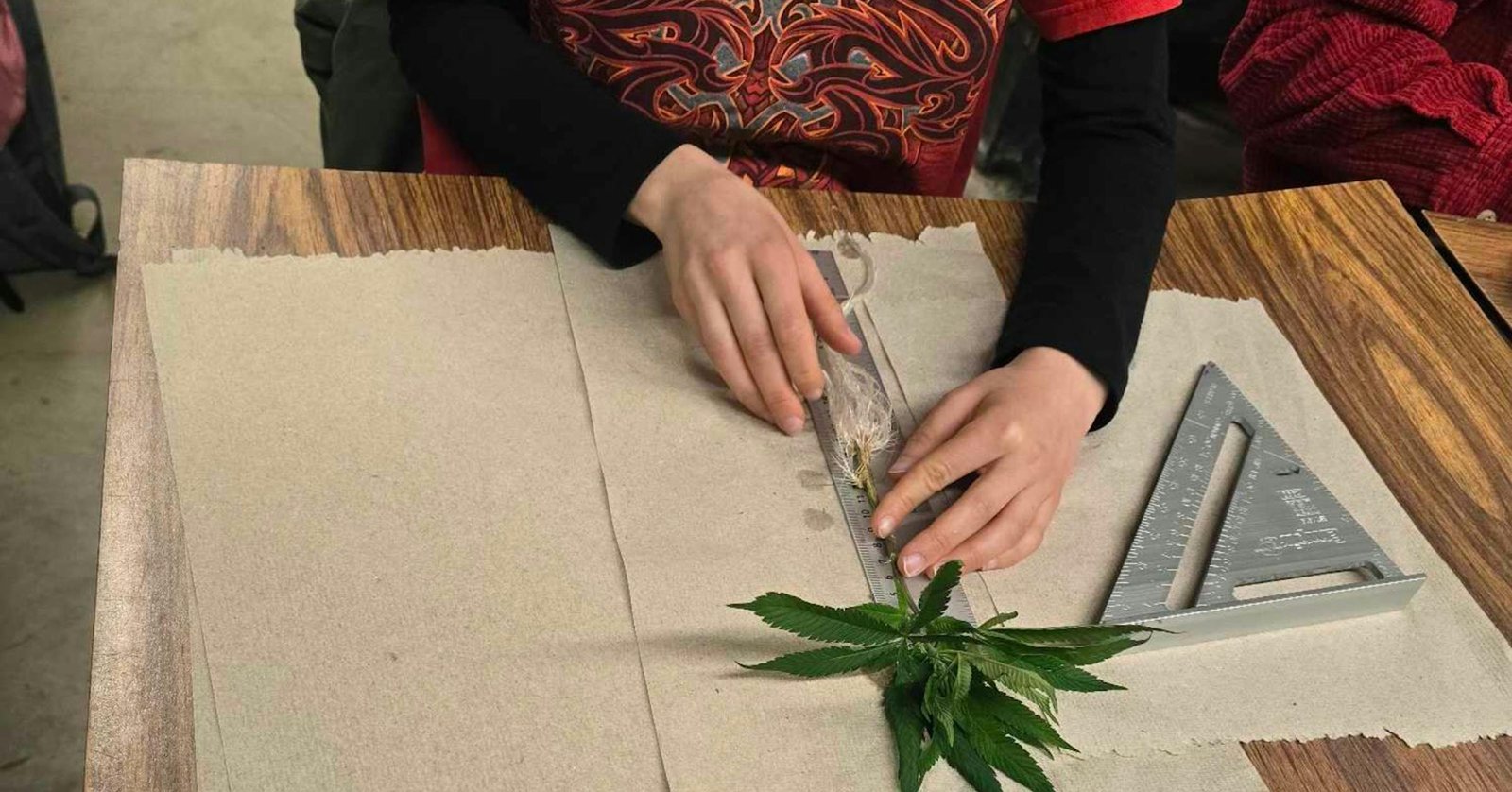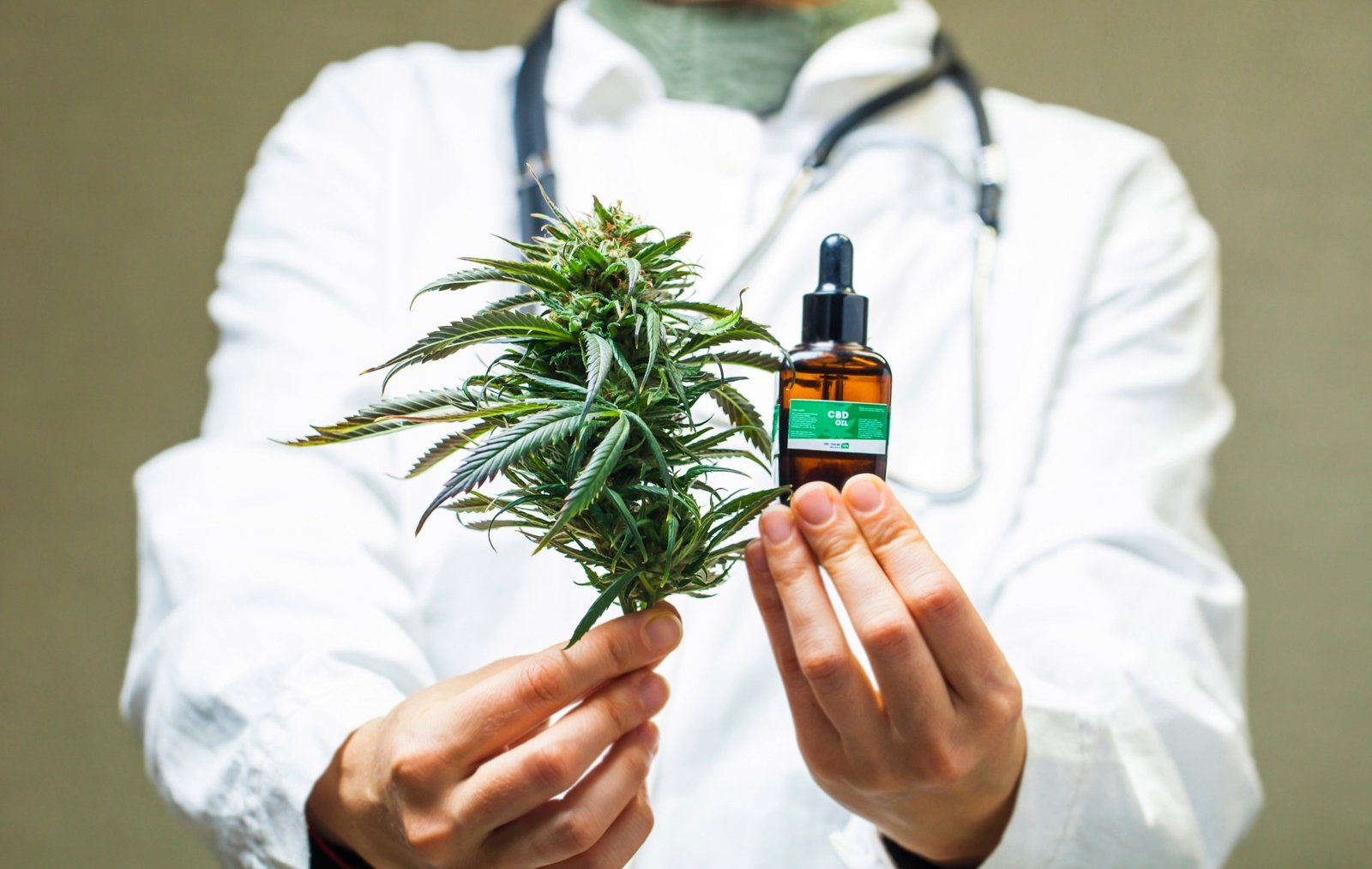The landscape of cannabis research and education has evolved significantly at the University of Minnesota since 2017, when I began my studies there. Initially, the university offered no cannabis-related courses or clubs, and institutional support for serious research was minimal. However, with the efforts of pioneering faculty like Professor George Weiblen, the situation has transformed dramatically.
In 2017, Weiblen was one of the few researchers in the U.S. with a federal license to study cannabis, alongside a program at the University of Mississippi. Despite the federal prohibition on cannabis, Weiblen conducted groundbreaking research on the plant’s biology and genetics, establishing a foundation for future studies. His lab became a crucial space for cannabis science, allowing me to become the university’s first Ph.D. student focused on cannabis molecular genetics.
This collaboration led to the development of the CS10 genome, a reference used globally for cannabis research. Prior to this, genetic studies were hampered by unreliable data. Today, researchers use the CS10 genome to precisely map traits such as cannabinoid production and disease resistance.
With limited access to federal funding, our team relied on state initiatives and private partnerships to advance our research. This grassroots approach reflects the broader evolution of cannabis science, which has often thrived on the persistence of dedicated researchers seeking knowledge despite institutional barriers.
Since my time as a student, the university has expanded its cannabis education offerings. Students can now enroll in courses like the Science of Cannabis (AGRO 2402), which covers the plant’s botany, cultivation, and societal impacts. Additionally, the establishment of the Science of Cannabis Club allows students to participate in workshops and hands-on activities related to cannabis research and cultivation.
The research initiatives at the University of Minnesota have also grown, supported by faculty such as Thomas Michaels and Nathan Eylands in the Department of Horticultural Science. Michaels leads innovative hemp research focused on developing hemp varieties suited for Minnesota’s climate, utilizing the genetic diversity of local hemp populations that adapted to the region’s conditions over decades. His work aims to provide farmers with reliable hemp varieties that comply with federal regulations, supporting economic opportunities in the state.
Eylands, on the other hand, focuses on optimizing indoor cannabis cultivation through controlled environment agriculture. His research investigates how factors like light, temperature, and humidity affect cannabis growth and yield. By testing various lighting strategies, Eylands is working to improve plant performance while reducing energy costs, a significant challenge for indoor growers.
The establishment of the Cannabis Research Center within the School of Public Health further emphasizes the university’s commitment to cannabis research. This center focuses on studies related to the health impacts of cannabis and equity in the cannabis industry, reflecting the growing importance of evidence-based policy in Minnesota since the legalization of adult-use cannabis.
Other institutions in Minnesota, such as Minnesota State Community and Technical College and St. Cloud State University, are also developing cannabis-centric programs. These include specialized certificates in cultivation, retail, compliance, health care, and product development, marking a shift towards serious academic inquiry in cannabis-related fields.
The Minnesota Cannabis College, where I lead classes, also contributes to this educational landscape by providing access to cannabis entrepreneurship and practical skills such as home growing and cloning.
This transformation in cannabis education reflects a national trend, with many universities across the U.S. now offering programs that cover various aspects of cannabis, from medicine to public policy. The rapid expansion of this field indicates a shift from marginalization to recognition of cannabis as an area of serious study.
My journey in cannabis science has been personal and impactful, as it extends beyond academic growth to building a legitimate framework for future researchers. I am grateful to have witnessed the University of Minnesota’s cannabis research evolution from its inception, and I look forward to seeing how the next generation of scientists will continue to advance this field.




